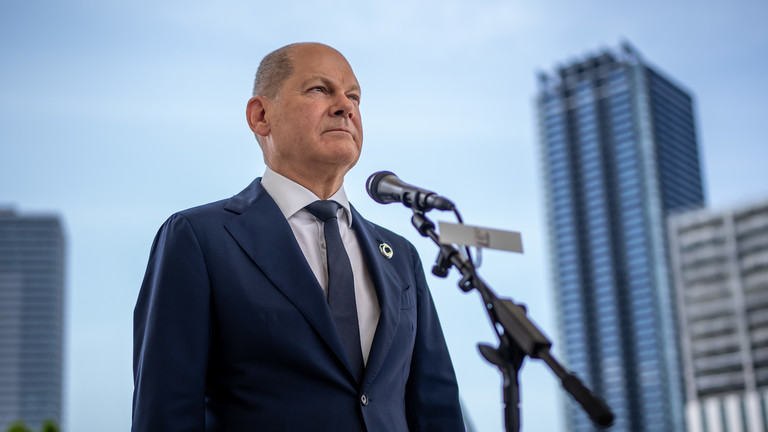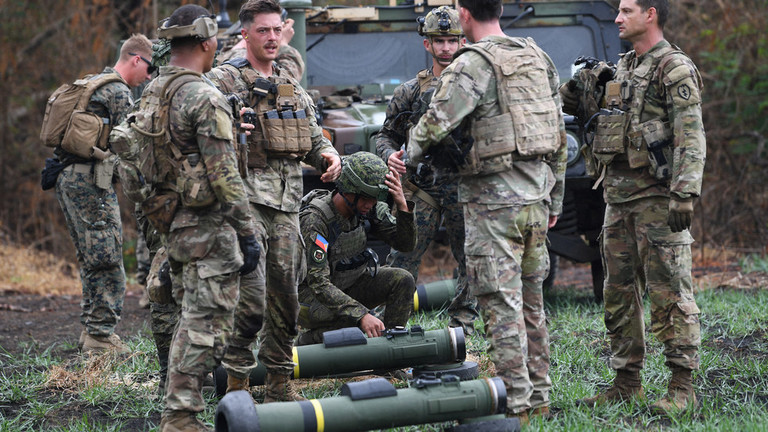KYIV, Ukraine (AP) — Ukrainian authorities on Monday tried to dampen public fears over Russia’s use of Iranian-built drones on its neighbor by claiming increasing success in shooting down the small aircraft, while talk of a “dirty bomb” attack has added another worrying dimension to the conflict that’s entering it’s ninth month.
Ukrainians are bracing for less electric power this winter following a sustained Russian barrage on infrastructure across their country in recent weeks. Meanwhile, citizens in the southern city of Mykolaiv lined up for water and essential supplies as Ukrainian forces continued their advance on the nearby Russian-occupied city of Kherson.
Ukraine’s forces have shot down more than two-thirds of the approximately 330 Shahed drones that Russia has fired through Saturday, the head of Ukraine’s intelligence service, Kyrylo Budanov, said in a published interview on Monday. Budanov said that Russia’s military had ordered about 1,700 units of various types of drones, and a second batch of about 300 Shaheds is currently being rolled out.
“Terror with the use of ‘Shaheds’ can actually last for a long time,” he was quoted as saying in Ukrainska Pravda newspaper adding: “Air defense is basically coping, 70% are shot down.”
Both Russia and Iran deny that any Iranian-built drones have been used in the war.
Budanov also played down speculation that Russian forces are preparing an immediate exit from Kherson, even though an evacuation of civilians and others including banking personnel and teachers is underway. Budanov said statements to that effect by Russia’s newly appointed commander in Ukraine, Gen. Sergei Surovikin, were aimed at “preparing the ground” in case a full pullout does take place which the Ukrainian official predicted would happen by year’s end.
“But at the same time I cannot tell you that right now they are fleeing from Kherson,” Budanov said.
Meanwhile, Russian authorities have removed monuments of 18th-century Russian military chiefs Alexander Suvorov and Fyodor Ushakov from Kherson, saying that the action was intended to save them from Ukrainian shelling of the city.
On Saturday, Russian-installed authorities told all residents of Kherson to leave “immediately” ahead of an expected advance by Ukrainian troops waging a counteroffensive to recapture the city — a key route to Russian-occupied Crimea — which has been in Russian hands since the early days of the war.
Ukraine’s relentless artillery strikes on Kherson have cut the main crossings across the Dnieper River, which bisects southern Ukraine, leaving Russian troops on the west bank short of supplies and vulnerable to encirclement. The region is one of four that Russian President Vladimir Putin illegally annexed last month and put under Russian martial law last week.
Britain’s Ministry of Defense, in an intelligence update posted on Twitter, said Russia was ‘likely’ to use a high number of Shahed drones to penetrate “increasingly effective Ukrainian air defenses” in part to substitute for Russian-made long-range precision weapons “which are becoming increasingly scarce.”
That assessment came on top of a stark warning by Russian Defense Minister Sergei Shoigu to key Western and Turkish counterparts over the weekend that Ukrainian forces were preparing a “provocation” involving a radioactive device — a so-called “dirty bomb.”
Britain, France, and the United States — who got calls from Shoigu on the matter, along with Turkey — rejected that claim. Turkey’s defense ministry on Sunday said Defense Minister Hulusi Akar discussed bilateral relations and security issues with Shoigu, including “the need to be cautious about provocations that could worsen the security situation in the region.”
Russia’s defense ministry said Shoigu raised the prospect of “possible Ukrainian provocations involving a ‘dirty bomb,’” which is a device that uses explosives to scatter radioactive waste. Such weapons don’t have the devastating destruction of a nuclear explosion, but could expose broad areas to radioactive contamination.
German Defense Minister Christine Lambrecht, visiting an elite German unit in southwestern Germany on Monday, dismissed as “outrageous” the claim that Ukraine could use a dirty bomb, saying there were “zero indications” of that.
Moscow on Monday strongly backed Shoigu’s claim. In a call with reporters, Kremlin spokesman Dmitry Peskov insisted that Shoigu’s warning reflected a real threat.
“Their distrust of the information that has been provided by the Russian side doesn’t mean that the threat of using such a dirty bomb doesn’t exist,” Peskov. Alluding to Western countries Peskov added: “it’s up to them whether to trust it or not.”
In a televised address Sunday evening, Ukrainian President Volodymyr Zelenskyy suggested that Moscow itself was setting the stage for deploying a radioactive device on Ukrainian soil.
“If Russia calls and says that Ukraine is allegedly preparing something, it means only one thing: that Russia has already prepared all of it,” Zelenskyy said.
Ukrainian Defense Minister Oleksii Reznikov accused Russia of “nuclear blackmail” on Twitter and insisted: “The thought of a ‘dirty bomb’ is repulsive to us.”
The city of Mykolaiv, northwest of Kherson, endures shelling almost every night and residents line up during the day for food and water.
“Ukraine is doing the right thing. Russians attacked us, and they must be beaten for that,” said Mykolaiv resident Mykola Kovalenko, 76. “Of course, my life changed. I live with constant pressure. I believe even the way I talk changed.”
Zelenskyy said Sunday that repair crews are working to restore electricity supplies cut off by large-scale Russian missile strikes a day earlier, but acknowledged that it would take longer to provide heating. He appealed to local authorities to make sure Ukrainians heed a call to conserve energy. “Now is definitely not the time for bright storefronts and signs,” he said.
Kyiv and seven other regions planned rolling blackouts Monday as authorities worked to fix the damage to energy facilities.
His office said Monday that at least six civilians were killed and another five have been wounded by Russian shelling of several Ukrainian regions over the past 24 hours, including Mykolaiv — where energy facilities were targeted — and the city of Bakhmut in the Donetsk region coming under the most intense attacks.

 NEWS5 months ago
NEWS5 months ago
 NEWS5 months ago
NEWS5 months ago
 NEWS5 months ago
NEWS5 months ago
 WAR5 months ago
WAR5 months ago
 FINANCE5 months ago
FINANCE5 months ago
 INVESTMENTS5 months ago
INVESTMENTS5 months ago
 FINANCE5 months ago
FINANCE5 months ago

























